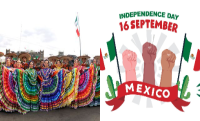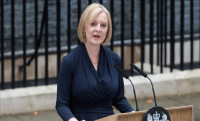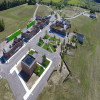Dr. Ambedkar made a constitution that could keep everyone together.
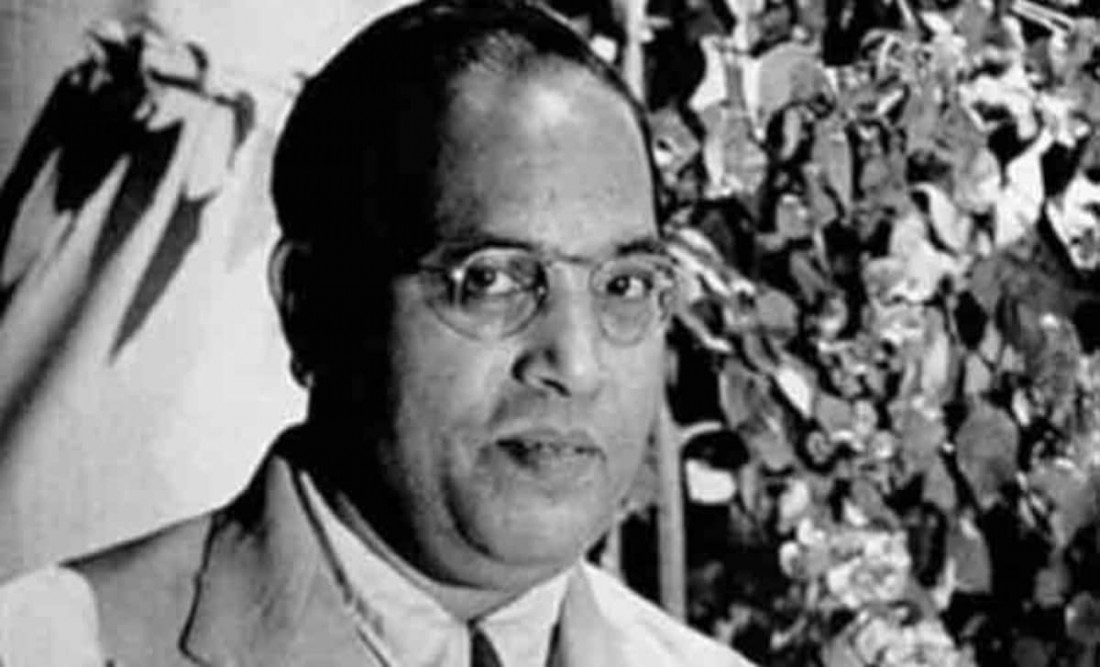
Dr. Bhimrao Ambedkar, popularly known as Babasaheb, was a social reformer, a Dalit politician as well as a world class jurist and chief architect of the Indian Constitution. Bhimrao Ambedkar was born on 14 April 1891 in a poor untouchable family in Mhow, Madhya Pradesh. Bhimrao Ambedkar was the 14th child of Ramji Maloji Sakpal and Bhimabai. His family was Marathi, who belonged to the city of Ambavade located in Ratnagiri district of Maharashtra. His childhood name was Ramji Sakpal. They belonged to the Hindu Mahar caste who were called untouchables. Their caste was deeply discriminated against socially and economically. Due to being born in an untouchable family, he had to spend his childhood sufferings.
Ambedkar's father had served as the Subedar in the Mhow cantonment of the Indian Army. He always encouraged his children to study in school and work hard. Among his brothers and sisters, only Ambedkar succeeded in the school examination and after that he was able to go to the big school. At the behest of one of his Brahmin teachers Mahadev Ambedkar who had special affection for him, Ambedkar removed Sakpal from his name and added Ambedkar which was based on his village name Ambavade. Ambedkar became a nominated member of the Bombay Legislative Council in 1926. In 1927, Dr. Ambedkar decided to launch a comprehensive movement against untouchability. He struggled to get untouchables the right to enter Hindu temples as well as to open public resources of drinking water to all the people of the society through public movements and processions.
Due to Dr. Ambedkar's increasing popularity and public support, he was invited to attend the second Round Table Conference held in London in 1931. In 1936, he founded the Independent Labor Party which was successful in winning 15 seats in the 1937 Central Legislative Assembly elections. He also published his book 'Annihilation of caste' in 1937 which was based on a paper written in New York. In this popular book, Ambedkar strongly criticized Hindu religious leaders and the caste system. He also strongly condemned the Congress decision to call Gandhiji's words Harijan to the untouchable community.
When the new Congress-led government was formed after India's independence on 15 August 1947, Ambedkar was appointed the first law minister of the country. On 29 August 1947, Dr. Ambedkar was appointed as the Chairman of the Constitution Drafting Committee for the creation of the new Constitution of independent India. Dr. Ambedkar earned praise for everyone in the drafting work. On 26 November 1949, the Constituent Assembly adopted the Constitution. Speaking after completing his work, Dr. Ambedkar said that I feel that the constitution is practicable, flexible but at the same time it is so strong that it can keep the country at the same time with both peace and war. In fact, I can say that if anything went wrong, it would not be because our constitution was bad but the person using it was wrong.
Ambedkar resigned from the Union Cabinet in 1951 after his draft Hindu Code bill was stalled in Parliament. The draft called for gender equality in the laws of succession, marriage and economy. Ambedkar contested the Lok Sabha election as an independent candidate in 1952 but lost. In March 1952, he was nominated to the Rajya Sabha. He remained a member of the upper house till his death.
In the 1950s Ambedkar was attracted to Buddhism. In 1955 he founded the Indian Buddha Mahasabha. On 14 October 1956, Ambedkar, along with millions of his supporters, embraced Buddhism from a Buddhist monk in a public ceremony in Nagpur. Ambedkar's health deteriorated due to political issues. On 6 December 1956, Ambedkar died in his sleep at his home in Delhi. On 7 December, he was cremated in a Buddhist style at Chowpatty beach in Bombay, attended by thousands of his supporters, activists and fans.
A memorial has been set up in Ambedkar's house at 26 Alipur Road in Delhi where he lived as an MP. Ambedkar Jayanti is a public holiday throughout the country. Many public institutions are named after him in his honor. A large portrait of Ambedkar has been installed in the Parliament of India. Every year on 14 April and 6 December, many people come to his memorial in Mumbai to pay their respects. Babasaheb Dr. Ambedkar was posthumously awarded the Bharat Ratna in 1990. The government conferred the Bharat Ratna on Baba Saheb at a very late date, which he deserved earlier.
Dr. Ambedkar's legacy of social and political reformer has had a profound impact on modern India. In post-independence India, his social and political thinking was respected. Their thinking is demonstrated through today's social, economic policies, education, law and affirmative action.
Dr. Bhimrao Ambedkar, the author of the Indian Constitution, had many dreams. India should be caste-free, be an industrial nation, and always remain democratic. Ambedkar was a very talented student. He earned a doctorate in economics from both Columbia University and the London School of Economics. He had gained fame in research work in law, economics and political science. In his early career, he was a professor of economics and practiced law. He was a great economist of the country. But the country did not get the benefit of being an economist as much as it should have been. People know Ambedkar as a Dalit leader when he openly opposed the caste system since childhood. He had dreamed of an economically strong India free from casteism, but the dirty politics of the country established him as the leader of the Dalit society rather than the leader of the society.
Dr. Ambedkar also had another dream that Dalits should become rich. They should not always be job seekers, but also job seekers. Dikki is realizing Ambedkar's dream of becoming a Dalit rich. Dalit entrepreneurs from Pune have formed a trade body called the Dalit Indian Chambers of Commerce and Industry (DICCI). Which helps in furthering the Dalit entrepreneurs. The Government of India has also bought Dr. Bhimrao Ambedkar's three-storey bungalow in London, in which he lived as a student in the 1920s. Now this building will be transformed into an international memorial where people from all over the world will be able to know and understand Dr. Ambedkar's thoughts.
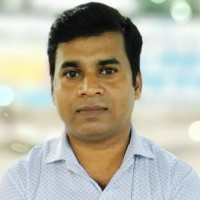
Manoj Bhiva
Manoj Bhiva is a dedicated writer who loves to write on any subject. Manoj Bhiva maintains a similar hold on politics, entertainment, health, abroad articles. Manoj Bhiva has total experience of 3 years in web and Social. Manoj Bhiva works as a writer in Wordict Post.
A 4.4 magnitude earthquake that struck Northern California only caused minor damage.
Posted on 14th Sep 2022
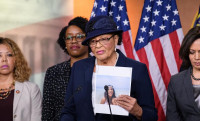
Congresswoman Alma Adams from North Carolina is found to have COVID-19
Posted on 15th Aug 2022
